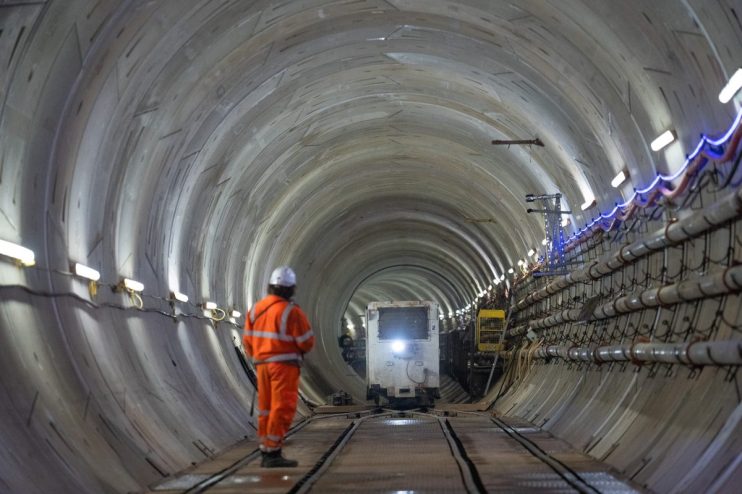Hooray for the super sewer! But it won’t clean up the Thames alone

The super sewer is here! But it’s not a silver bullet to cleaning up the River Thames, writes the Port of London Authority’s Robin Mortimer
The tidal Thames doesn’t stand still. And to protect it, nor can we. The history of the health of the Thames has been the ebb and flow of decline and renewal.
The Great Stink of the 1850s led to the feted intervention of Bazelgette and his sewerage system. However, a century later, in the 1950s, the river had deteriorated so severely that it was declared biologically dead.
Interventions and investment in the decades that followed saw that unwelcome title dropped and life return to the river.
As with the tide, the ebb and flow doesn’t stop. We must act now to ensure the 2050s don’t become another centenary requiring major work to salvage the river.
Safeguarding the Thames demands confronting the challenges of sewage discharges, pollution and other threats to biodiversity. This year will bring a transformative intervention in efforts to clean the Thames, with the Thames Tideway Tunnel super sewer becoming fully operational. This game-changing infrastructure project, which we are proud to be part of, will protect the river from sewage, road run-off and other pollutants.
While the super sewer will make a huge difference, eliminating up to 95 per cent of sewage discharges from the overflows it intercepts, it is not enough. We also need to pursue action guided by three principles.
Beyond the super sewer
First, deal with reality and not where we wish we were. We all know sewage has been pumped into the river, at times illegally, damaging ecology, biodiversity and trust. One particularly grim reminder of that can be found in west London, where a so-called wet wipe island has been formed.
No one wishes that was the case, but we must deal with reality. This year we will spearhead a £100,000 project to clean up the mess. We will also back research projects to monitor water quality, so we can more readily assess the health of the river.
Second, we must act big and small. Cleaning the river cannot only rely on big infrastructure projects, essential as they are. It also requires intervention on a community level. The Port of London Authority puts hundreds of thousands of pounds into such initiatives, led by some of the most passionate and committed people. We will continue to finance and empower community groups to care for the river.
Third, we need imagination. Over the next 12 months, we will back innovative research projects looking at new ways to protect the river, boost biodiversity and scope plans for capturing renewable energy from and next to the river.
We cannot do it alone. But we can and will bang the drum for the mission to clean the Thames.
Robin Mortimer is CEO of the Port of London Authority
Read more: London’s new Super Sewer may sound swell, but it’s a shoddy waste solution